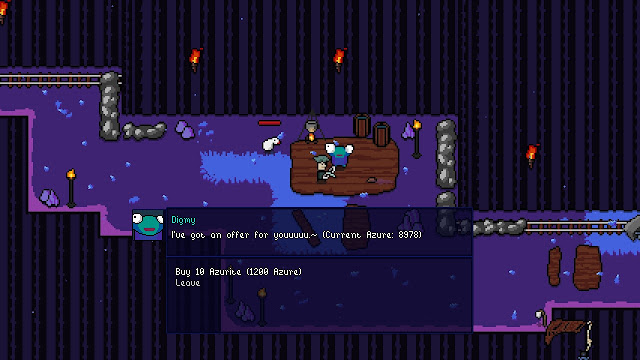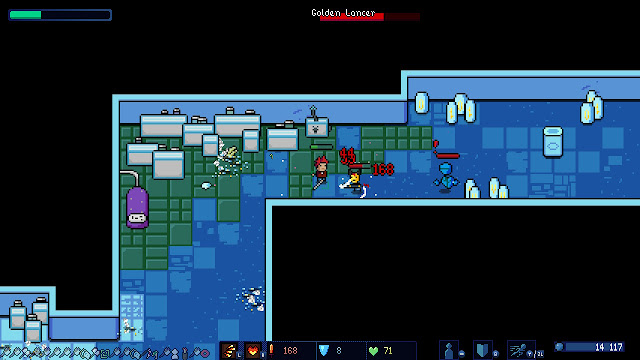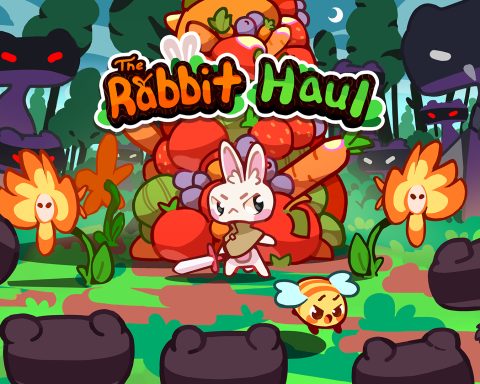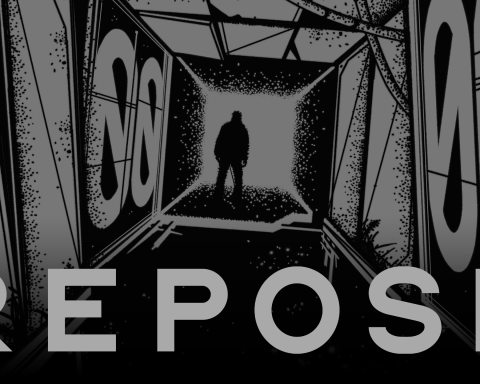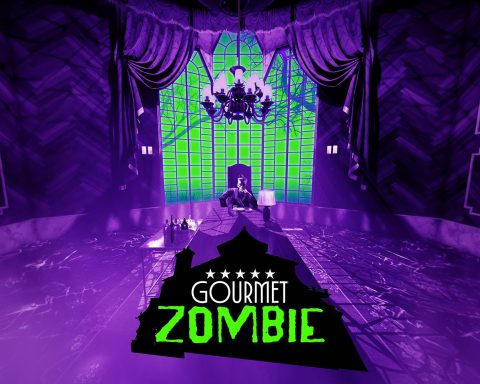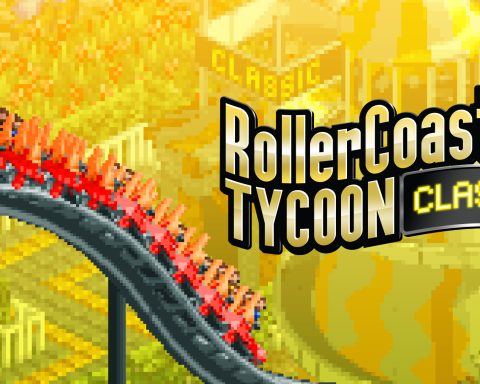Azurebreak Heroes is a solid little game which proved a formidable distraction to be over the past week. Developed solo by Piotr Powroziewicz and ported to the Switch by Silesia Games, it’s an action RPG with randomly generated elements, and a gameplay loop reminiscent of Risk of Rain. Despite its shortcomings and its noticeably low budget, the game gets enough right that each run feels satisfying and leads straight into the next one. A dozen or so hours later I still have secrets to find, builds to try out, and stories to keep discovering.
The gameplay of Azurebreak Heroes is as standard as ARPGs come – players move a chosen hero down semi-procedurally generated zones, killing enemies, picking up loot and getting stronger so they can kill more powerful enemies. Players can select between six characters (five which are unlocked as the player progresses), each with two skills mapped to the shoulder buttons, a basic attack, a block and a dash. While skill is a determining factor in how far a player will get, Azurebreak Heroes takes cues from the roguelike genre by adding permadeath and some mild procedurally generated elements. That being said, levels will soon seem familiar after a few runs since not that much will change, though it does allow the game to throw in a surprise every now and then.
The most interesting part of Azurebreak Heroes’ design is its loot system, which is deeply tied to its progression. Like most roguelites, this game’s loot is separated into three tiers of rarity, with the rarest being more powerful. Enemies don’t drop individual items however, instead they drop tomes which let players select which item they want from that tier, provided that it’s been unlocked already. In addition to tomes, monsters will drop one of five different reagents, which can be traded with the friendly “Alein” in the hub after a run is over, to unlock new pieces of equipment.
This gives players a great deal of control over how they build their character – one run they might take five items which grant a life steal ability, on another they might opt for a more defensive build by stacking and multiplying their armour stat. Whereas most roguelites dole out their loot or only allow players to work with small selections, Azurebreak Heroes lays out the potential for some rich strategy. My favourite part of this game was musing on what build I wanted to go for next; and because I was never at the mercy of a randomised loot table, I was free to let my creative side wander freely. Effective item selection allows players to make anything from a glass cannon, a nimble hit-and-run attacker, a hulking defensive wall or anything in-between.
For such a creative and expressive system, the difficulty curve of Azurebreak Heroes is balanced perfectly. Successful runs will require a combination of offense and defence, which needs to factor into how each character build is designed. For example, an offensive character might make up for their low defence with those aforementioned life stealing abilities, or improving their dash so they’re hit less. A defensive character might opt to buy familiars or thorns so they’re still dishing out damage while they block. If there’s gaps in a player’s build, they’ll hit a brick wall at some point and get sent back to the hub.
From the hub, players can spend Azure, the currency they’ve picked up by defeating monsters and destroying environmental objects – this can purchase new tiers of items, new playable characters, and additional skills for each character. Azure does make the game a grind to see all the content. It’ll take one or two excellent runs to unlock all the characters, and a few more to unlock all the items. There are new routes which open up upon completing the first, and this allows the player to see a few different endings (and I did really like how each route required a slightly different character build, too) but repetition can set in after the player has been going at it for a while.
While I did find this game almost impossible to put down for a few days, there are several quality-of-life issues which hold it back from being truly great. The game is a native PC release and there’s a number of character skills who don’t feel well adapted to the Switch’s controls at all. The default character works out fine, but their area-of-effect targeting skill is unwieldy, using the right stick to move a reticule. Characters with ranged attacks are much harder to control since there’s no aim-assist at all, and so it’s a chore to destroy all the boxes and baubles the game requires you to hit for that precious Azure. Unlocking characters and skills does feel unsatisfying because there’s no way to know if that particular purchase will be useful, or impractical.
With an average run length of about a half-hour, Azurebreak Heroes is simple fun at a low cost, with an engaging gameplay loop and some creative options for character development. You’ll get great bang for your buck here, especially if you’re looking for something to scratch that ARPG itch after finishing Hades. For all the game’s imperfections, there’s still a lot to like – the challenge is just right and it’s a delight to push ever further into the world of Heldia.
– Harvard L.
Contributor
The critic was provided a copy of this game from the publisher.


